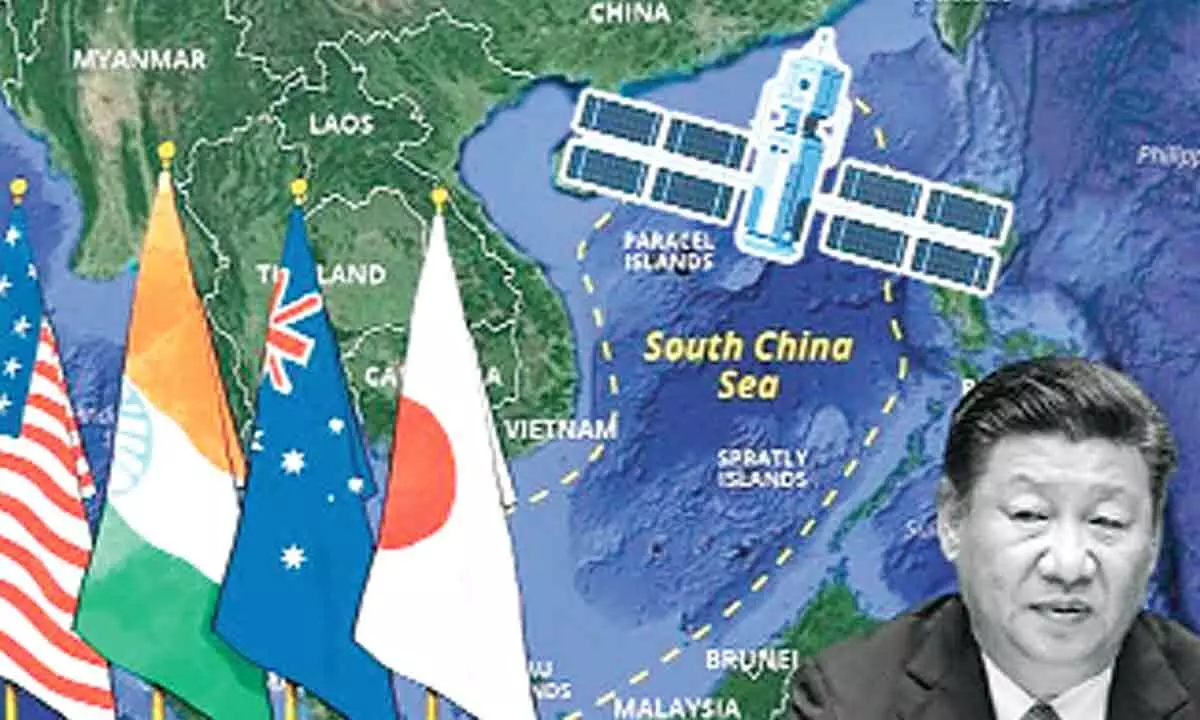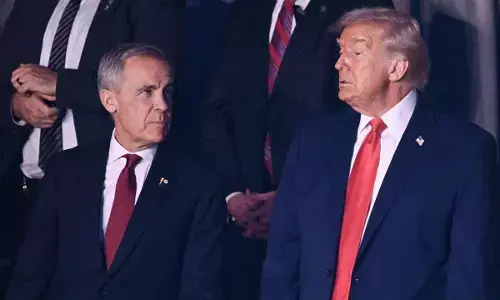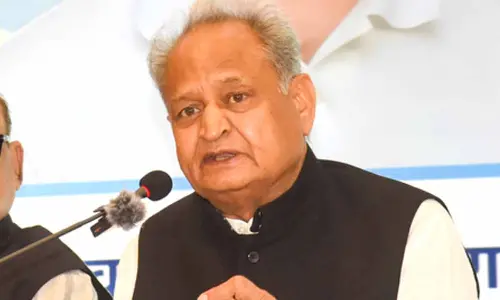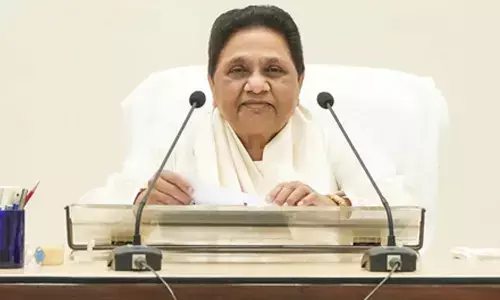Quad emerging as deterrent to China

At present, the Quad is not a military alliance; but it can become one if China persists with its aggression
For China, the Quad is a four-letter word. In actual fact, it stands for the Quadrilateral Security Dialogue, a loose strategic alliance of four powerful democracies - the US, Japan, Australia, and India. Beijing fears and loathes it because it has the potential of becoming a deterrent to the growing belligerence and virulence of the dragon.
Under Chinese President Xi Jinping, the world's biggest country has fused communism and nationalism, giving rise to an ideology deadlier than any hitherto known form of collectivism. Hence its villainy in Galwan two years ago, genocide in Xinjiang and Tibet, increasing repression in Hong Kong, bellicosity against its East and South East Asian neighbours, continuous support to the rogue states like Pakistan and North Korea, and its willing and wilful export of the novel coronavirus to all over the world killing millions of people.
Against this backdrop, Prime Minister Narendra Modi's participation in the second in-person Quad Leaders' Summit in Tokyo on May 24 must have galled the Chinese Communist Party. This was his fourth interaction with Japan Prime Minister Fumio Kishida, US President Joseph Biden, and Australia Prime Minister Anthony Albanese. Before that there was a virtual meeting in March 2021, the Summit in Washington DC in September 2021, and another virtual interaction in March 2022.
The Quad Joint Leaders' Statement must have hurt CCP bosses even more. Without naming China, it made the Quad intentions quite clear: "With the Covid-19 pandemic still inflicting human and economic pain around the world, tendencies for unilateral actions among states and a tragic conflict raging in Ukraine, we are steadfast. We strongly support the principles of freedom, rule of law, democratic values, sovereignty and territorial integrity, peaceful settlement of disputes without resorting to threat or use of force, any unilateral attempt to change the status quo, and freedom of navigation and overflight, all of which are essential to the peace, stability and prosperity of the Indo-Pacific region and to the world."
This is also significant because India has refused to condemn Russia over its war against Ukraine, and yet New Delhi has made its unease evident by slamming "tendencies for unilateral actions" and upholding "the principles of freedom, rule of law, democratic values, sovereignty and territorial integrity, peaceful settlement of disputes."
There was also quite a direct message to Beijing: "We will continue to act decisively together to advance these principles in the region and beyond. We reaffirm our resolve to uphold the international rules-based
order where countries are free from all forms of military, economic and political coercion."
Further, the statement said, "We will champion adherence to international law, particularly as reflected in the UN Convention on the Law of the Sea (UNCLOS), and the maintenance of freedom of navigation and overflight, to meet challenges to the maritime rules-based order, including in the East and South China Seas. We strongly oppose any coercive, provocative or unilateral actions that seek to change the status quo and increase tensions in the area, such as the militarization of disputed features, the dangerous use of coast guard vessels and maritime militia, and efforts to disrupt other countries' offshore resource exploitation activities."
This must be read in recollection of a landmark decision by an international tribunal in The Hague in 2016. It was on a dispute between China and the Philippines over the South China Sea. In a 2013 complaint, the Philippines had claimed that China took control of a reef about 140 miles from the Philippine coast. The Philippines also sought the tribunal to reject China's claim to sovereignty over waters within a "nine-dash line" seen on official Chinese maps. The tribunal, largely supporting Manila, announced that there was "no legal basis" for the nine-dash line and that China had illegally built an artificial island in Philippine waters.
China simply rubbished the verdict, and continued with its aggressive ways. That was then. The Quad was largely a group of nations doing some military exercises; India had not faced treachery in Galwan; and the world had not suffered the China virus. Post-Covid, however, CCP hotheads will have to face the consequences if they dare to violate UNCLOS. They will be reckless if they take the Quad's remark - "We strongly oppose any coercive, provocative or unilateral actions - lightly. At present, the Quad is not a military alliance; but it can become one if China persists with its aggression.
















